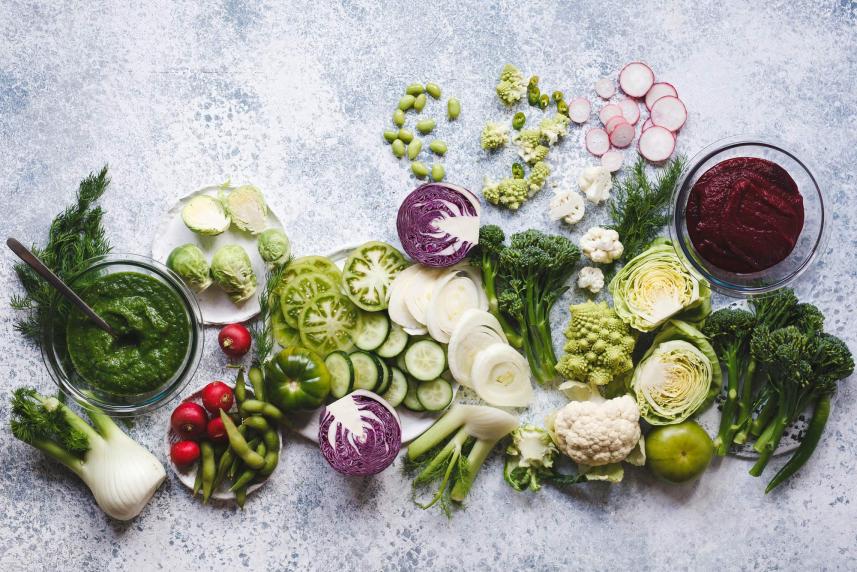Eat healthier now
It's always a good time to make smart changes.

What it means to "eat healthy" changes a bit as we age. Use these guidelines to make sure you're eating well to stay well.
Eat this color every day
It's a good idea to consume a colorful variety of vegetables every day to get the vitamins and fiber your body needs, but make sure to eat plenty of leafy greens especially. Eating a daily serving of these vegetables is associated with slower cognitive decline. Spinach, collards, kale, and salad greens contain nutrients that a recent study shows help the brain stay younger.
Get more from each bite
Older bodies need fewer calories, so it's wise to get the most from those calories. Eat mostly foods that are dense with nutrients but low in calories, like vegetables, grains, fish, beans, and low-fat dairy.
Enjoy other flavors
Too much salt in your diet can lead to high blood pressure. Choose products with "no salt added" or "reduced sodium." Instead of relying on salt, use spices and herbs, onions and garlic, lemon juice, and vinegars to flavor your meals.
| EAT LESS OF THESE FOODS Just as most foods have positive effects on your body, some cause inflammation that raises your risk of diabetes, heart disease, arthritis, and cancer. Are they in your daily diet? | |||
 |  |  |  |
| SUGAR | PROCESSED MEATS | TRANS FATS | REFINED CARBS |
| in sodas, fruit drinks, sweetened coffee and tea, energy drinks | such as hot dogs, cold cuts, bacon, sausage, corned beef | (partially hydrogenated oils) in commercial baked goods, microwave popcorn | in products made with refined white flour, white rice, snacks |
| This doesn't mean you can never eat these foods. If you really enjoy them, add them to your once-in-a-while list. Make eating healthy foods part of your daily lifestyle. | |||


